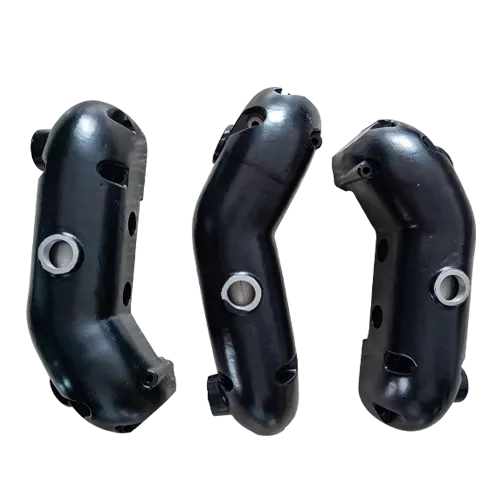Mobile:+86-311-808-126-83
Email:info@ydcastings.com
Fire Pump Impeller Design and Efficiency Considerations for Enhanced Performance and Reliability
Understanding Fire Pump Impellers Function and Importance
Fire safety is a critical aspect of any infrastructure, and at the heart of effective fire suppression systems is the fire pump. Among the key components of these pumps is the impeller, which plays a pivotal role in ensuring efficient water flow and pressure during emergencies.
What is a Fire Pump Impeller?
An impeller is a rotating component of a centrifugal pump, designed to increase the velocity of a fluid. In fire pumps, the impeller's primary function is to draw water from a source and convert mechanical energy into hydraulic energy, resulting in higher pressure and flow rates. This is crucial for delivering water to extinguish fires effectively in buildings, industrial sites, and other protected areas.
Types of Impellers
Fire pump impellers come in various designs, primarily categorized into two types closed and open impellers.
1. Closed Impellers These feature two shrouds that fully encase the blades, providing higher efficiency and less turbulence. Closed impellers are commonly used in high-pressure applications, making them suitable for most fire pump systems.
fire pump impeller

2. Open Impellers With no shrouds, open impellers have exposed blades, which allows for handling larger particles in the fluid. However, they tend to be less efficient and are more prone to wear. Open impellers may be used in scenarios where the water supply might contain debris or sediment.
Materials and Design Considerations
The material used for impellers is vital for performance and longevity. Common materials include bronze, cast iron, and stainless steel, chosen based on the specific application, environment, and potential corrosive elements in the water source. Additionally, the design and size of the impeller significantly influence the pump’s overall performance; the impeller must be appropriately sized to match the pump’s flow and pressure requirements.
Importance of Regular Maintenance
Due to the critical role of impellers in fire pumps, regular maintenance is essential. Over time, impellers can wear down due to abrasion from particles in the water, leading to reduced efficiency and potential pump failure. Routine inspections should include checking the impeller for signs of erosion, corrosion, or any physical damage. Timely repairs or replacements can ensure that fire pumps operate effectively when they are needed most.
Conclusion
Fire pump impellers are fundamental to the functioning of fire protection systems, making understanding their design, materials, and maintenance crucial for safety professionals and facility managers alike. By ensuring that these components are in optimal condition, organizations can better prepare for emergencies, helping to save lives and property. As fire safety regulations continue to evolve, staying informed about the latest advancements in fire pump technology, including impeller design and materials, will be essential in maintaining effective fire protection systems. Investing in quality parts and regular maintenance can ultimately mean the difference between a minor incident and a significant disaster.
-
Valve Body Acts as the “Heart” of Flow ControlNewsMay.19,2025
-
Understanding the Importance of ImpellersNewsMay.19,2025
-
Importance of Automobile Water PumpsNewsMay.19,2025
-
How an Engine Oil Pan Works to Keep Your Car LubricatedNewsMay.19,2025
-
Common Materials Used in Pump Impeller ManufacturingNewsMay.19,2025
-
Ball Valve Casting in Modern Pipeline SystemsNewsMay.19,2025











